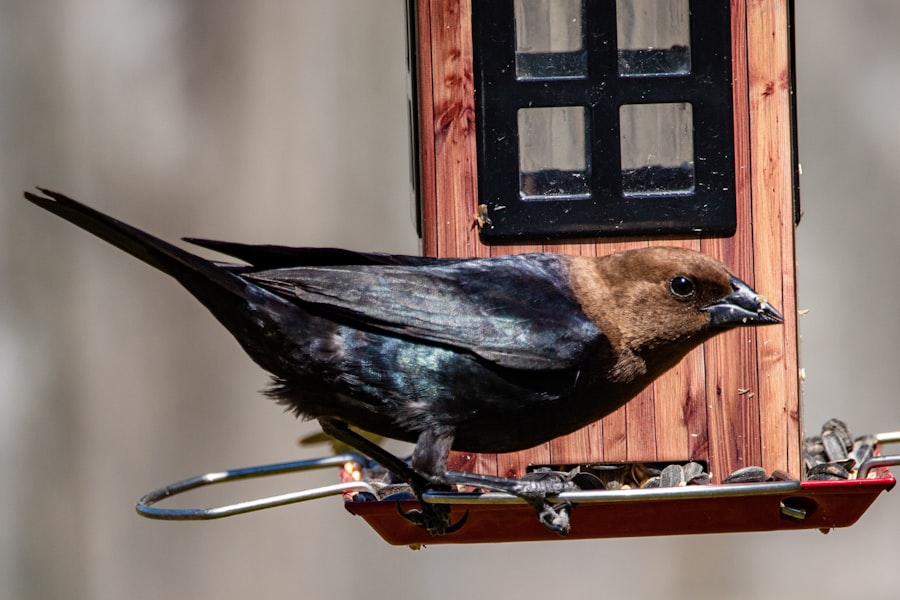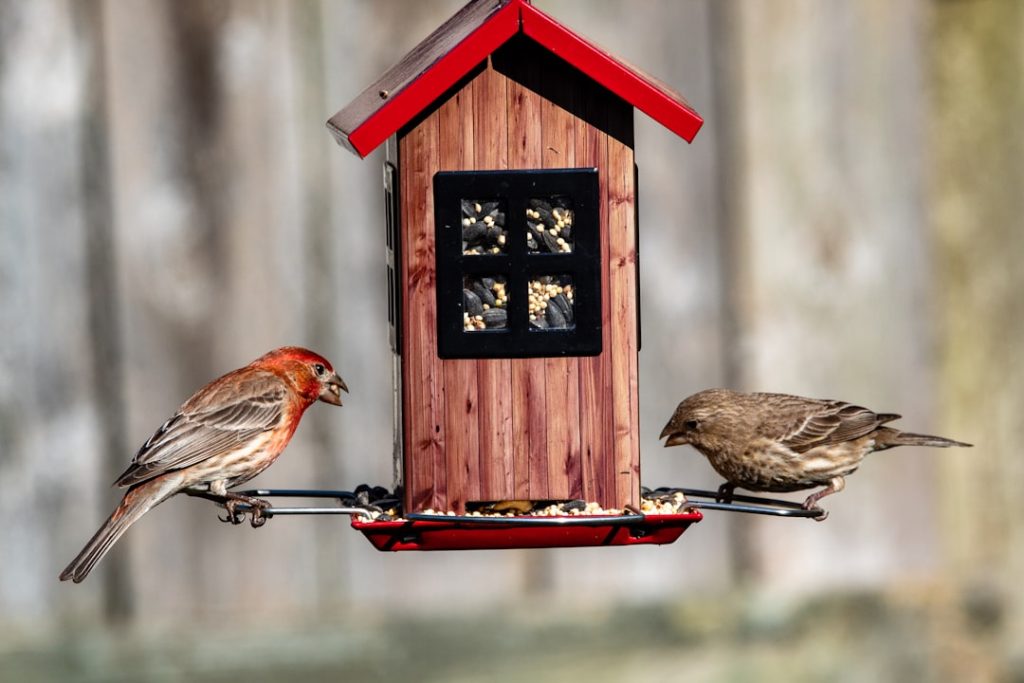Before deciding to raise chickens on your property, it is essential to research and understand the local regulations governing urban farming and animal husbandry. Municipalities often have specific rules regarding chicken keeping, which may include restrictions on the number of chickens allowed, coop size requirements, and minimum distances from neighboring properties. These regulations can vary significantly between different areas.
Some jurisdictions may require permits or licenses for keeping chickens, while others may prohibit the practice entirely. It is crucial to thoroughly investigate the specific regulations in your area to ensure compliance with local laws. This research will help you avoid potential legal issues and ensure that your chicken-raising endeavor is both lawful and sustainable.
By familiarizing yourself with and adhering to local ordinances, you can proceed with your chicken-keeping plans confidently, knowing that you are operating within the legal framework of your community. This approach will contribute to a positive experience for both you and your neighbors.
Table of Contents
Key Takeaways
- Understanding local regulations is crucial before keeping chickens, as different areas have different rules regarding backyard poultry.
- Checking zoning laws is important to ensure that keeping chickens is allowed in your specific area, as some zones may have restrictions on livestock.
- Obtaining permits may be necessary in some areas before keeping chickens, so it’s important to research and comply with local regulations.
- Complying with homeowners’ association rules is essential for those living in communities with HOA regulations, as they may have specific guidelines for keeping chickens.
- Considering noise and odor is important, as chickens can be noisy and produce odors, which may affect neighbors and local regulations.
- Ensuring proper care and maintenance of chickens is crucial for their well-being and to comply with local regulations and animal welfare standards.
- Being a responsible chicken owner involves following all local regulations, providing proper care for the chickens, and being considerate of neighbors and the community.
Checking Zoning Laws
Understanding Zoning Laws
Some residential zones may have restrictions on keeping livestock or poultry, while agricultural zones may allow for such activities. It is crucial to understand the zoning laws in your area to determine whether keeping chickens on your property is allowed.
Obtaining Necessary Permits
If your property is not zoned for agricultural use, you may need to apply for a zoning variance or special permit to keep chickens. This process can be complex and time-consuming, so it is important to consult with local authorities and zoning officials to understand the requirements and procedures involved.
Avoiding Legal Issues
By checking and understanding the zoning laws in your area, you can ensure that you are in compliance with the regulations and avoid any potential legal issues.
Obtaining Permits

Once you have familiarized yourself with the local regulations and zoning laws, you may need to obtain permits or licenses to legally keep chickens on your property. Some areas require a permit for keeping chickens, while others may have specific requirements for coop construction and maintenance. It is important to research the permit requirements in your area and ensure that you have all the necessary documentation before bringing chickens onto your property.
Obtaining permits for keeping chickens may involve submitting an application, paying a fee, and undergoing an inspection of your property and coop. It is essential to follow the permit application process carefully and provide all the required information to avoid any delays or complications. By obtaining the necessary permits, you can demonstrate your commitment to responsible chicken ownership and ensure that you are in compliance with local regulations.
Complying with Homeowners’ Association Rules
If you live in a community governed by a homeowners’ association (HOA), it is important to consider the rules and regulations set forth by the HOA before keeping chickens on your property. Many HOAs have specific guidelines regarding livestock and poultry, including restrictions on the number of animals allowed, coop design, and noise levels. It is crucial to review the HOA’s governing documents and consult with the board or management company to understand the rules related to keeping chickens.
In some cases, you may need to seek approval from the HOA before bringing chickens onto your property. This may involve submitting a proposal outlining your plans for keeping chickens, including details about coop design, noise mitigation measures, and waste management. By complying with the HOA rules and seeking approval when necessary, you can avoid potential conflicts with your neighbors and ensure a harmonious living environment for everyone in the community.
Considering Noise and Odor
When keeping chickens on your property, it is important to consider the potential impact of noise and odor on your neighbors and surrounding community. Chickens can be noisy animals, especially during the early morning hours when they are most active. Additionally, chicken coops can produce odors from waste and bedding materials if not properly managed.
It is essential to take proactive measures to minimize noise and odor to maintain good relations with your neighbors and comply with local regulations. To mitigate noise from chickens, consider locating the coop away from neighboring properties and investing in soundproofing materials for the coop structure. Additionally, providing enrichment activities for the chickens can help reduce excessive vocalization.
To manage odor from the coop, regularly clean and maintain the coop, use absorbent bedding materials, and properly dispose of waste. By considering noise and odor concerns and taking proactive measures to address them, you can ensure that your chicken-raising venture is respectful of your neighbors and community.
Ensuring Proper Care and Maintenance

Providing the Essentials
As a responsible chicken owner, it is crucial to provide your flock with the necessities for a healthy and happy life. This includes offering adequate food, water, shelter, and veterinary care. A clean and sanitary living environment is also vital, and regular inspections of the coop are necessary to identify and address any signs of wear and tear.
Maintaining a Safe and Healthy Environment
Regular maintenance of the coop is essential to ensure it meets all safety and structural requirements. This includes repairing any damage and making necessary adjustments to prevent potential hazards. By doing so, you can create a safe and healthy environment for your chickens to thrive.
Practicing Good Biosecurity
Good biosecurity measures are critical in preventing the spread of diseases among your flock and minimizing potential health risks. This can be achieved by implementing strict hygiene protocols, limiting exposure to wild birds and other animals, and quarantining new birds before introducing them to the existing flock. By prioritizing biosecurity, you can protect the health and well-being of your chickens.
Being a Responsible Chicken Owner
Being a responsible chicken owner goes beyond simply meeting legal requirements and caring for your flock. It also involves being a good neighbor and contributing positively to your community. This includes being mindful of how your chicken-raising activities may impact those around you, such as managing noise and odor, maintaining a tidy property, and being responsive to any concerns raised by neighbors.
Furthermore, responsible chicken ownership involves educating yourself about best practices for raising chickens, staying informed about relevant regulations and guidelines, and continuously seeking opportunities for improvement. This may include participating in educational workshops or networking with other chicken owners to exchange knowledge and experiences. By being a responsible chicken owner, you can foster a positive relationship with your community while enjoying the many benefits of raising chickens on your property.
In conclusion, raising chickens on your property can be a rewarding experience, but it requires careful consideration of local regulations, zoning laws, permits, homeowners’ association rules, noise and odor concerns, proper care and maintenance, and responsible ownership practices. By understanding and adhering to these factors, you can ensure that your chicken-raising venture is legal, sustainable, respectful of your neighbors, and beneficial to your community as a whole.
If you’re considering keeping chickens, you may also be interested in learning about where to put a chicken coop. Poultry Wizard has a helpful article on this topic, which you can read here. It’s important to consider the location of your coop when deciding whether or not to keep chickens, as it can impact the health and safety of your birds.
FAQs
What are the basic requirements for keeping chickens?
To keep chickens, you will need a suitable coop or housing, access to fresh water, proper nutrition, and protection from predators. It’s also important to check local regulations and obtain any necessary permits or permissions.
Do I need permission to keep chickens?
The regulations regarding keeping chickens vary by location. Some areas may require a permit or permission from local authorities, while others may have specific zoning laws or restrictions. It’s important to check with your local government or homeowner’s association to determine the requirements for keeping chickens in your area.
What are some common regulations for keeping chickens?
Common regulations for keeping chickens may include limits on the number of chickens allowed, setback requirements for coops or housing, restrictions on roosters, and guidelines for waste management. These regulations are typically in place to address concerns such as noise, odor, and potential impact on neighbors.
Are there any specific health or safety considerations for keeping chickens?
When keeping chickens, it’s important to consider the potential health and safety risks, such as disease transmission, proper waste management, and protection from predators. Following good hygiene practices, providing appropriate housing and nutrition, and implementing predator-proofing measures can help mitigate these risks.
What are some benefits of keeping chickens?
Keeping chickens can provide a sustainable source of fresh eggs, natural pest control in the garden, and the opportunity to engage in a rewarding and educational hobby. Additionally, chickens can contribute to a more self-sufficient and sustainable lifestyle.
Meet Walter, the feathered-friend fanatic of Florida! Nestled in the sunshine state, Walter struts through life with his feathered companions, clucking his way to happiness. With a coop that’s fancier than a five-star hotel, he’s the Don Juan of the chicken world. When he’s not teaching his hens to do the cha-cha, you’ll find him in a heated debate with his prized rooster, Sir Clucks-a-Lot. Walter’s poultry passion is no yolk; he’s the sunny-side-up guy you never knew you needed in your flock of friends!







